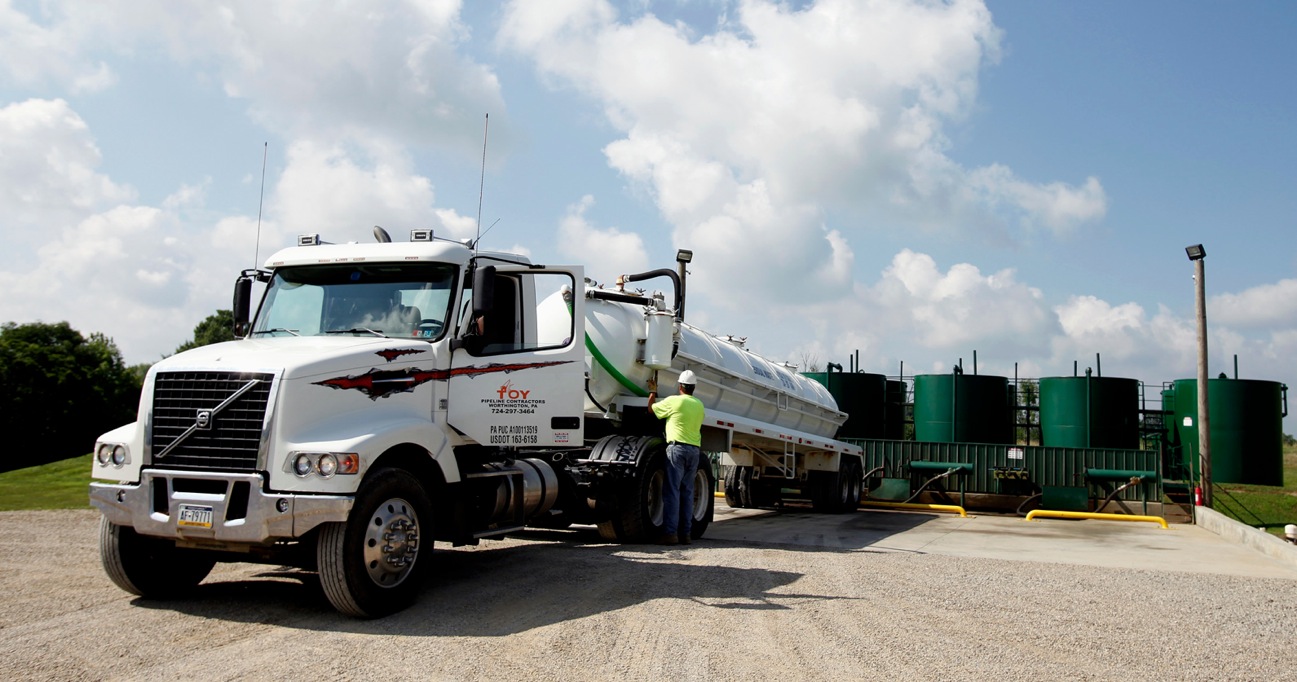Environmentalists: Ohio’s rules on fracking fall short

Associated Press
COLUMBUS
Proposed new regulations on gas and oil drilling in the state would be some of the toughest in the nation if adopted, but environmentalists and local officials complain they don’t go far enough, especially in protecting public health.
The rules cover aspects of well-drilling such as the type of steel and concrete that must be used in wells, how to drill near active, underground mines and what can go into the chemical-laced fluid used to blast through underground shale formations to free up the gas, a process called hydraulic fracturing, or fracking. Critics say fracking could poison water supplies, but the natural-gas industry says it’s been used safely for decades.
The focus on well drilling leaves some environmental groups feeling that oil and gas companies are skirting the issue of public health, including how the waste fluid is disposed of and the lack of disclosure of what is in that fluid.
“I think the industry has fought really hard to focus the debate around the injection of frack fluid into the well. The science is still out on that,” said Julian Boggs, program associate with Environment Ohio. “A lot of the problems surrounding fracking are what you do with the massive amounts of fluid coming out of the well.”
In the past, wastewater was processed at sewage- treatment plants. There is still one treatment facility, but now the water can be disposed of by injecting it back underground or recycling it to be used again.
Boggs said the fluid can be recycled only so often before needing to be disposed of, and there are concerns with fluid injected underground leaking into drinking water or causing earthquakes.
Fracking fluid injected back into the earth for disposal has been linked to increased earthquakes in seismic activity-prone areas in Oklahoma and Northeast Ohio, among others.
The oil-and-gas industry has said that there have been no recorded incidents of disposed fluid tainting water supplies.
As for Ohio’s regulations being some of the strongest in the country, Boggs said that shows a failing of national regulations — not a triumph for Ohio.
Another concern of environmentalists is that there are loopholes in reporting what chemicals are used in drilling.
The Columbus Dispatch reviewed documents posted on the Ohio Department of Natural Resource’s website and found that of the 84 fracturing products listed, 11 contained at least one ingredient that was kept secret by listing it as a “proprietary compound.”
Among the compounds identified by drilling companies were naphthalene, which destroys red blood cells, and ethylene glycol, which can damage kidneys, the nervous system, lungs and the heart, the newspaper reported.
Ohio Oil and Gas Association vice president Tom Stewart said his organization wouldn’t object to full disclosure of fracking chemicals, but drillers might be opposed.
 43
43
